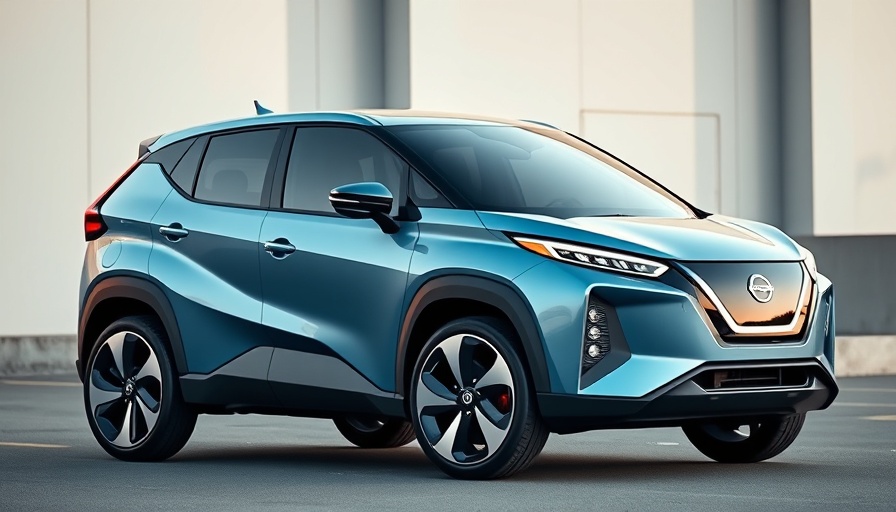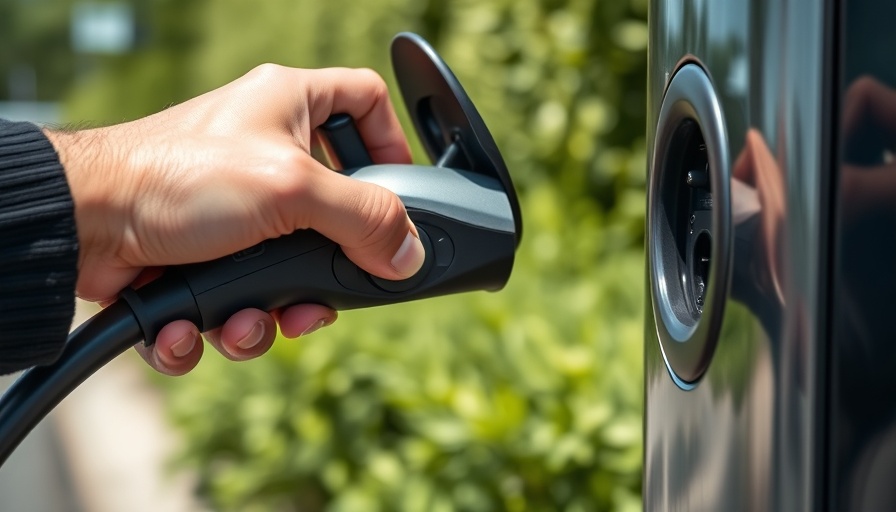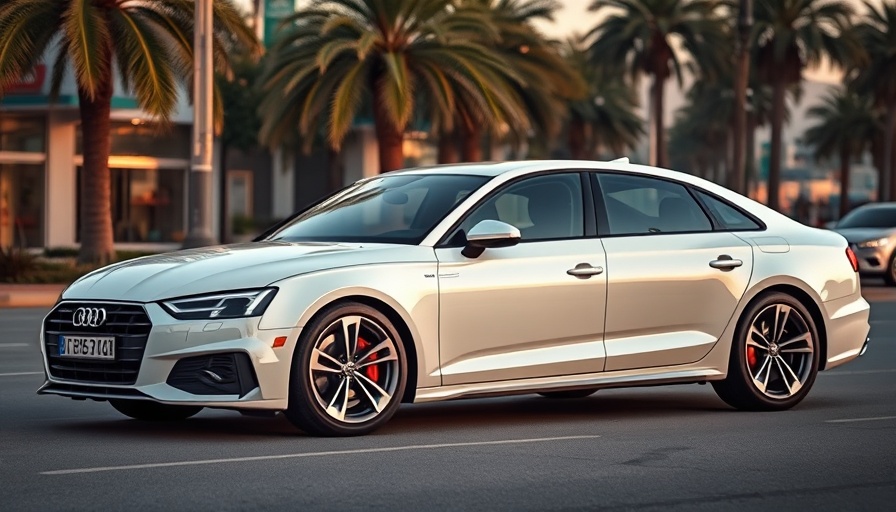
The Rise and Fall of Nissan's Ambitious EV Plans
Nissan, once a frontrunner in the race to electrify, is stepping back from one of its most ambitious projects: the launch of a small electric SUV aimed at the U.S. market. Initially announced in 2022 as part of their expansion beyond established models like the Leaf and Ariya, this subcompact EV was intended to enhance Nissan's competitive edge in the fast-paced electric vehicle sector. However, recent developments signal a drastic shift in strategy, raising questions about the brand’s future in EV innovation.
Understanding the Market Shift
The electric vehicle landscape is rapidly evolving, with various manufacturers re-evaluating their product lines and strategies. Automakers across the globe are grappling with supply chain issues, fluctuating consumer demand, and the looming reality of regulatory requirements. For Nissan, eliminating the smaller SUV echoes broader trends in the industry where carmakers are prioritizing larger models that promise higher profit margins. As noted in reports, Nissan won’t be producing this subcompact at its Mississippi plant as originally planned, choosing instead to focus on larger electric SUVs and sedans.
What This Means for Consumers and Dealers
The cancellation of the small electric SUV has significant implications for consumers and dealerships alike. For dealers, particularly those focusing on EVs, the lack of a smaller, affordable electric option could mean fewer choices for customers seeking environmentally friendly vehicles. This shift leaves a gap in the market, especially for buyers transitioning from traditional burning engines to electric vehicles. Additionally, dealerships may need to pivot strategies, promoting the remaining larger models or alternative electric offerings that align with customer expectations.
Revisiting the Vision: Nissan’s Future EV Line
Despite this setback, Nissan is still committed to expanding its electric vehicle lineup. The decision to focus on larger SUVs and sedans indicates a strategic pivot rather than a complete abandonment of the EV sector. The potential production of larger electric SUVs points to a bet on consumer preferences leaning towards spaciousness and range, essential factors for U.S. buyers. As Nissan forges ahead, the need for innovative marketing strategies becomes imperative to engage customers and convey the benefits of their new electric offerings.
Market Sentiment and Industry Perspectives
As the automotive market shifts toward sustainability, the cancellation of Nissan's small SUV is met with mixed reactions. Enthusiasts of compact electric vehicles lament the loss of options in the market, particularly since smaller models have been praised for their efficiency and urban compatibility. However, industry analysts suggest that focusing on larger, more profitable vehicles may be a wiser path in the current economic climate. The uncertainty surrounding consumer purchasing patterns in an ever-evolving market is driving manufacturers to make tough decisions.
Final Thoughts: The Future of Electric Vehicles
The decision to sideline Nissan's small electric SUV illustrates the complexities of navigating the automotive industry's transitional phase. While Nissan adapts its strategy, prospective buyers and dealerships need to stay attuned to evolving offerings and market trends. For consumers, understanding these shifts is critical to making informed decisions in their vehicle purchases. With larger electric SUVs poised to fill the void, it's clear that Nissan's journey in the electric domain is far from over.
 Add Row
Add Row  Add
Add 




Write A Comment